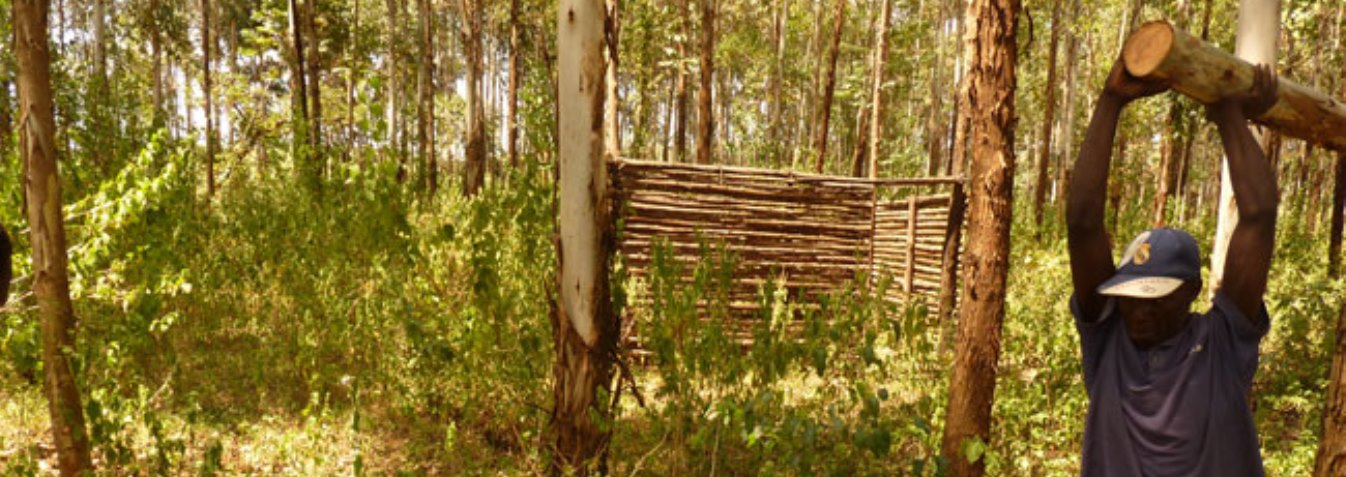
Our friends at Education Africa, Model UN South Africa and UNIC Pretoria put together this primer on the origins of the climate change debate ahead of the Model UN debates kicking off October 21st through 24th. This is a helpful resource for those of you engaging with us during AVCC week (October 24-31). While this primer doesn't address all the details of all the climate change agreements since 1992, it does provide a little bit of insight into where this conversation began and just how far the parties are on getting to an agreement on this very complex issue of climate change.
During AVCC week, we would like to hear what regular Africans (and policy-makers if possible) have to say about climate change and their local community and country. For Africa to develop, it will require massive amounts of energy. How developing regions access and generate that energy is a major component of this debate. How is Africa expected to develop without access to energy? What are some ways in which the continent can develop clean energy systems in enough capacity to address growing populations and an emerging middle class that is consuming resources at an alarming rate. Does the consumer bear a certain responsibility in changing their consumption habits? If so, how?
As you can tell, there are many angles to this debate. And that is why AVCC matters. Take part, and engage in the debate. What is your climate change story? What are some solutions? More importantly, share with us what YOU as an individual are doing to address the problem. Stories matter, and they begin with yours.



